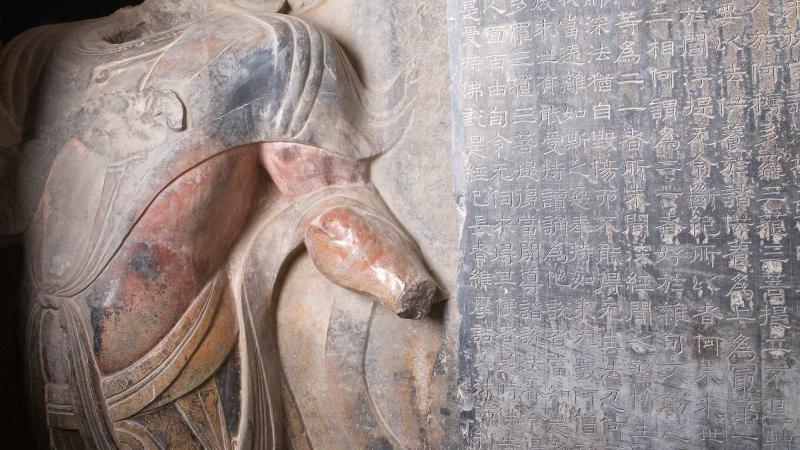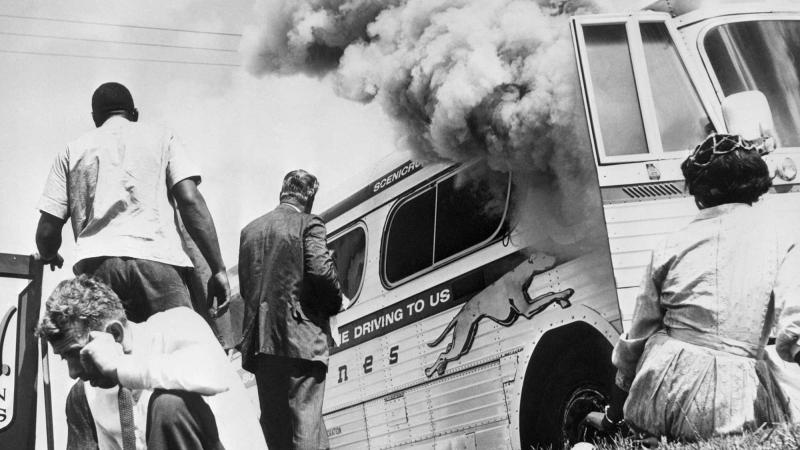For years, scholars and critics alike thought it a shame that there was no series of books devoted to classic American writing. “It is absurd that our most read and studied writers should not be available in their entirety in any convenient form,” wrote Edmund Wilson. It was, Lionel Trilling said, “something like a national disgrace.”
In 1979, NEH made a $1.2 million grant to help publish the key works of American novelists, poets, statesmen, naturalists, historians, social critics, literary scholars, and others in a series of handsome volumes to be sold via subscription and in bookstores. Supported also by a $600,000 grant from the Ford Foundation, the Library of America published its first four volumes in 1982. The writers were Nathaniel Hawthorne, Herman Melville, Harriett Beecher Stowe, and Walt Whitman. By the end of the second year, volumes of Henry James, Francis Parkman, William Dean Howells, and Jack London were added.
The launch of the series was hugely successful, covered in magazines and newspapers alike. “A great wrong . . . set right,” announced an ad in the New York Times for the Library of America. Its first eight volumes sold close to 160,000 copies.
The idea was not simply to get these works republished, but to keep them in print. The handsomely designed books use thin acid-free paper to ensure compactness and durability; they are clothbound so they can lie open when you read them. All contextual material is placed in the back and editors use the best available text to faithfully reflect authors’ original intentions.
Major cuts to the original manuscript of Richard Wright’s Native Son and Black Boy were restored in the Library of America’s 1989 edition. Not long ago, the Library of America published Raymond Carver’s What We Talk About When We Talk About Love in two versions: one reflecting the editing of Gordon Lish and one reflecting the original manuscript.
The series has helped bring back into print many important works and revive the reputations of several forgotten worthies. Francis Parkman’s historiography was basically unread when the Library of America brought his works back into print. Dawn Powell’s darkly comic stories of small-town Ohio and the big city to which she fled had been forgotten until Library of America reissued nine of her novels.
Today, with 269 of its classic volumes in print, the Library of America continues to surprise lovers of American literature. Collections devoted to 20th-century writers such as A. J. Liebling, Saul Bellow, Eudora Welty, and Isaac Bashevis Singer provoke us to reconsider contemporary greats as extensions of the American tradition. And thematic volumes urge us to reread the literature of the American Revolution, the Civil War, the Harlem Renaissance, and World War II. From Poe to pulp fiction and from Henry James to Lafcadio Hearn, the Library of America puts us in touch with the humanities while broadening our notions of what it means to be American.
Written by David Skinner, editor of Humanities.


